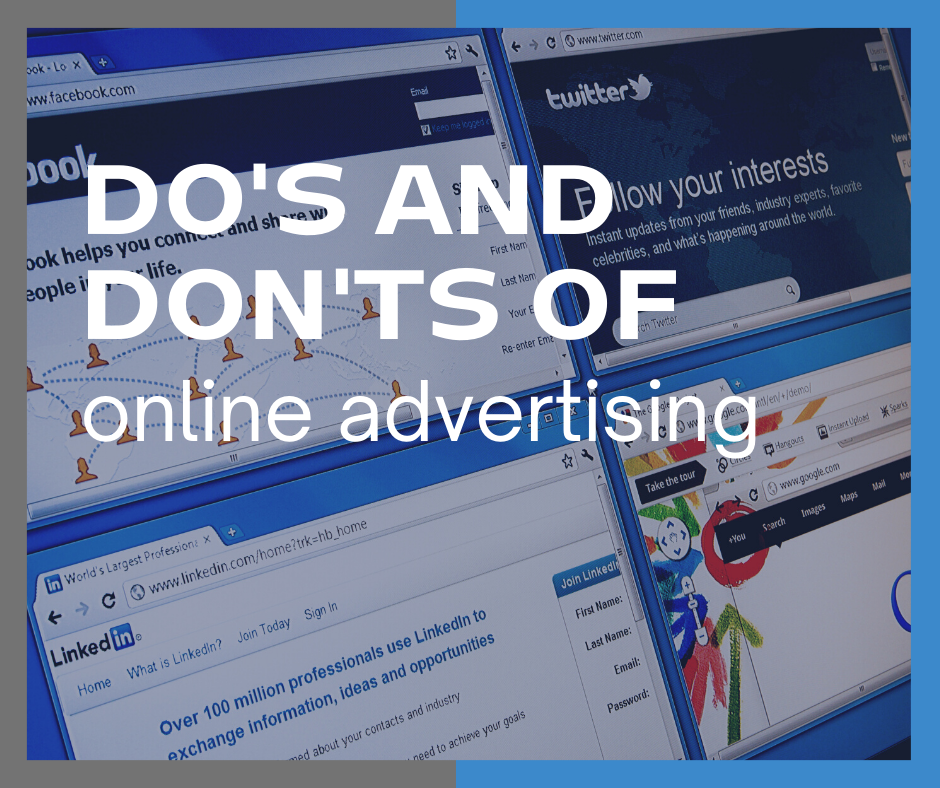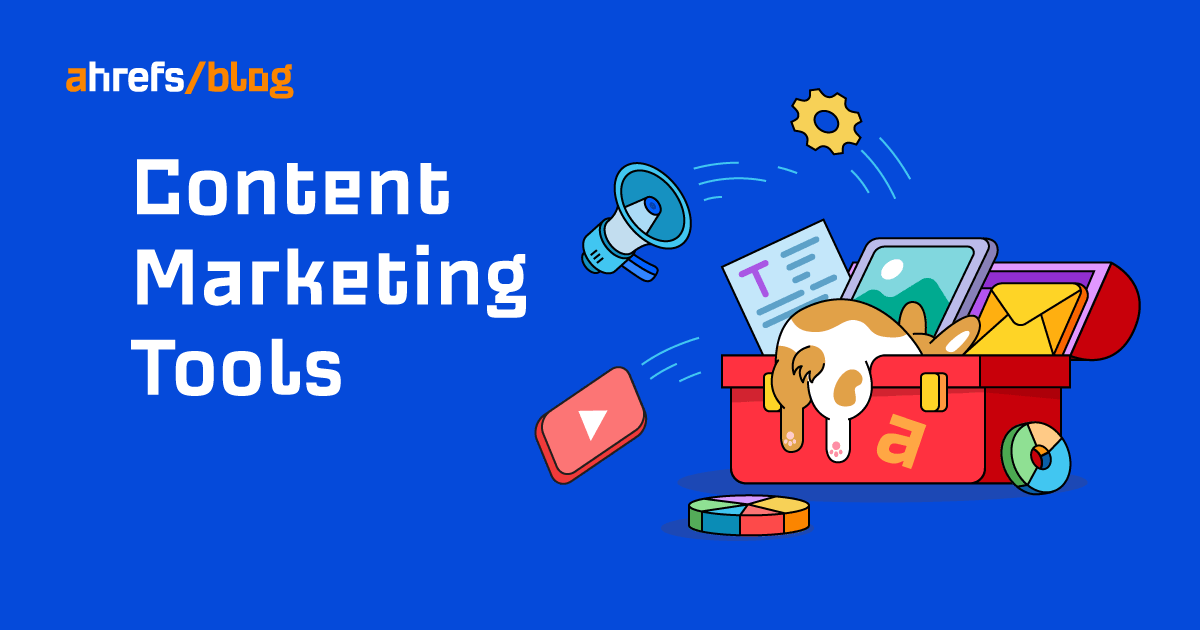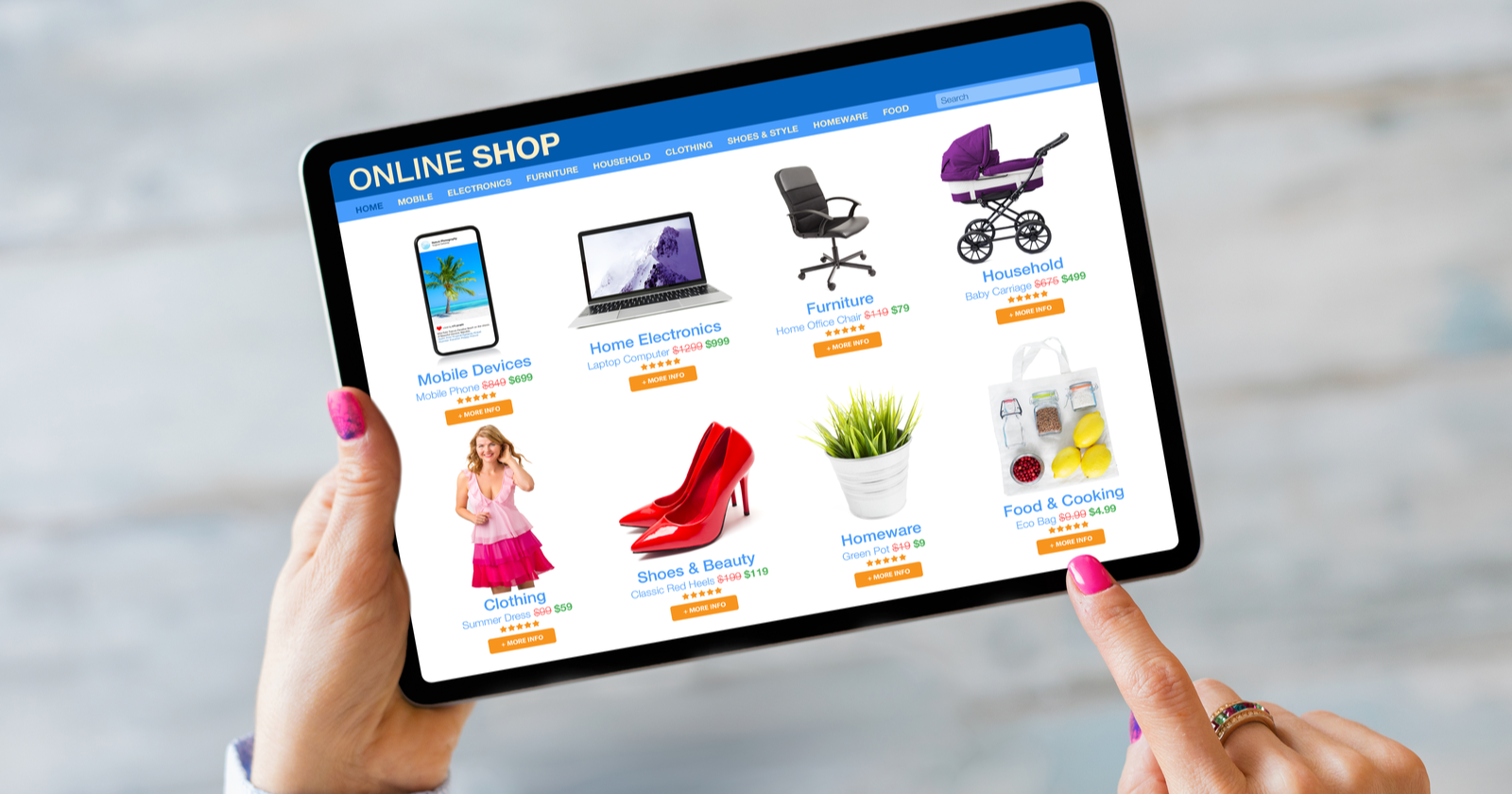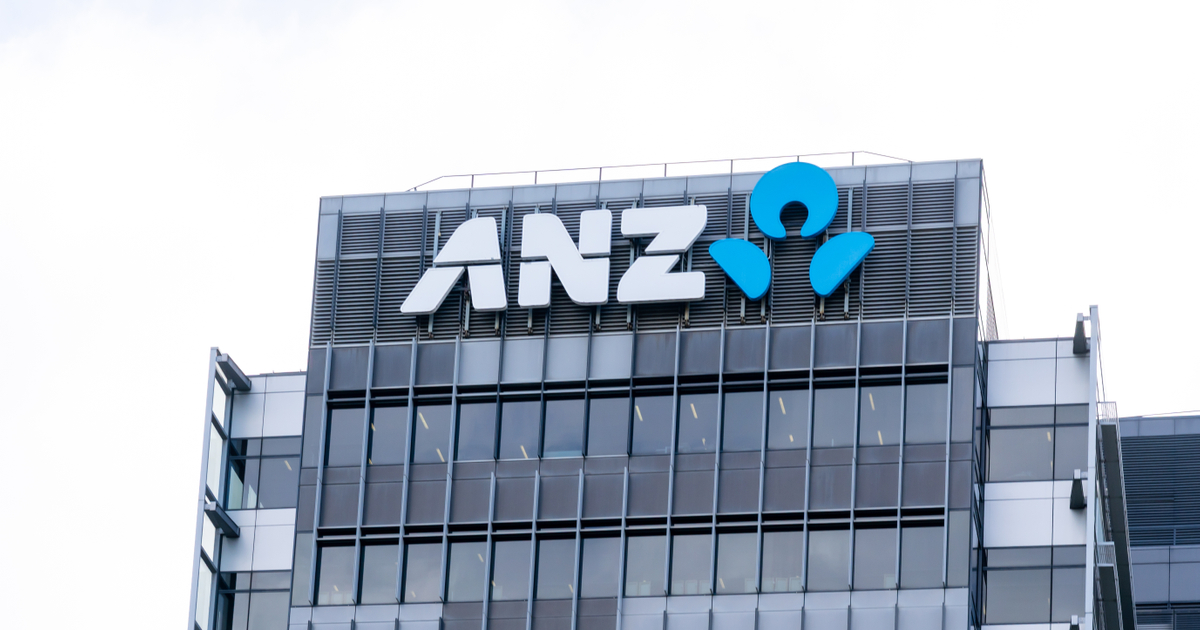Do’s and Don’ts of Online Advertising on Big Markets
I’ve been involved in digital marketing with StubGroup for nearly a decade, and in that time, marketing platforms have dramatically changed. I’ve also seen massive changes in how people go about their online research, how they engage with advertising,...

I’ve been involved in digital marketing with StubGroup for nearly a decade, and in that time, marketing platforms have dramatically changed. I’ve also seen massive changes in how people go about their online research, how they engage with advertising, how they expect advertising to look, and how they choose which platforms to use. It’s an ever-evolving market, so let’s look at what’s working now.
Which digital marketing channel should I use and why?
The largest advertising channels available are owned and operated by Google, Facebook, and Amazon. Google offers platforms such as Google Search, YouTube, Google Shopping, and Google Display. Facebook has both Facebook and Instagram. If you are an e-commerce company selling products directly to consumers online, Amazon is the go-to place.
When deciding what channel to use, it boils down to understanding your target audience and what they’re looking for. If you offer a service or product people are already searching for online, typically, Google searches will be your best place to start. Google search allows you to reach people at the exact time they’re searching for your service or product. After that, all you need to do is show them you have the solution.
On the other hand, if you’ve created a new product people aren’t yet aware of, Google Shopping isn’t the best channel for you. Using Facebook or Instagram to proactively create product awareness will be a more successful strategy. The best choice of online marketing channel depends on what you’re selling, where your audience is, and whether they know about your product.
In online marketing, is SEO or PPC better?
SEO and PPC are both essential ingredients in the alphabet soup of online advertising. SEO stands for search engine optimization, and it involves getting content from your website to appear organically in search engines. People go to search engines like Google or Bing to enter keywords related to things they want to find. If you can get content from your website to rank high in search engine results, the people searching for those keywords will visit your website and see the product or service you provide.
The beauty of organic traffic is that it’s free. When I say “free,” I mean you’re not paying Google or Bing directly. Good SEO strategy can still be expensive, however. To rank high in searches, you need to create high-quality content and get that content posted across the internet.
PPC stands for pay per click. It’s an advertising model where you pay for each click that brings people to your website. When you search on Google, you’ll usually see paid ads at the top of the page and organic listings below.
The downside of PPC is that you pay for the traffic. Don’t let this deter you from PPC’s benefits, though.
Paid ads are the first thing most people see when they search Google. If you’re not up there, you’re going to miss a lot of traffic. Since people usually click the first one or two things they see, that exposure is a big deal.
It can be tough to rank organically on competitive or popular keywords. It can take years, and sometimes it never happens. PPC ads offer you control and predictability. You’re paying to reach the exact users you want to engage.
PPC will usually offer faster results. SEO is a longer-term play. The best strategy is to use both. Showing up in both paid ads and organic listings will maximize traffic to your website.
How can I best leverage my existing online audience in advertising?
If you have an existing audience, there are ways to leverage that asset in online marketing. First-party data, such as an email address list, can extend your online reach and engagement.
First, providing that data to Google and Facebook enables you to deliver ads to those specific people. Let’s say you have a seasonal product you want to cross-sell. Every Valentine’s Day, you can reach out to existing customers using their first-party data.
Another way you can leverage your existing audience is by identifying new customers similar to your current customers. You can accomplish this through Google’s Similar Audiences and Facebook’s Lookalike Audiences. After you provide a list of your existing customers, Google and Facebook examine their behavior patterns and demographics and target ads to people who have similar interests or behaviors.
Finally, you can leverage your existing audience through user-generated content. This strategy involves motivating your audience to create content related to your product, such as unboxing videos, reviews, and testimonials. You can leverage those assets in marketing campaigns on your website to increase the conversion rate. The content will also help you rank higher in organic searches.
What strategies are working best right now on Google?
Google is currently pushing automation in advertising campaigns. The most important thing is knowing when and how to use it.
Don’t put blind trust in Google’s automation. I’ve seen way too many cases where things go wrong. It’s crucial to have experts who know what to look for and monitor things.
You need to have parameters on the advertising campaigns you’re running, monitor things closely, and be ready to make changes if you see a problem. At the same time, if you try to keep everything manual, you’re going to be left behind by competitors who’ve figured out how to utilize automation to capture the customers you want.
Should online marketers run standard or smart shopping campaigns?
You’ll use shopping campaigns to provide data to Google about the products you sell through your e-commerce website. Shopping campaigns allow you to enter data and images related to your products into a format that generates ads. These are the ads you see at the top of Google’s search pages with pictures, prices, and links to specific products.
There are two different ways you can run campaigns to highlight your products. A standard shopping campaign involves a manual approach. You’re selecting which product you want to advertise and setting your own bid. You retain more control, but more work goes into that campaign.
A smart shopping campaign is automated. You’re still selecting which product to feature and setting some parameters, but Google does a lot of the work after that. In most cases, smart shopping campaigns work more efficiently and drive higher returns on ad spend with higher volumes in sales than standard campaigns. We use standard campaigns to prime the system and collect information such as conversion rate data and click data. Then, we let the smart shopping campaign take over.
What are common mistakes new advertisers are making?
There are definitely some common pitfalls new advertisers encounter in online marketing. We frequently see a lack of understanding of Google’s and Facebook’s advertising policies. Many people new to marketing accidentally violate these policies resulting in their suspension from Google or Facebook. That suspension can cause all kinds of delays, frustrations, and problems for new entrepreneurs.
Another common mistake I see occurs primarily in the e-commerce space. Many people new to e-commerce are drawn in by claims that online marketers can set up a website and outsource all the work. The truth is, you have to invest a lot of time and energy into any kind of successful e-commerce business. There’s no such thing as a “get rich quick” business model. We see a lot of new e-commerce entrepreneurs throwing up a quick e-commerce website and expecting the money to roll in. That very rarely works.
Another common mistake is trying to do everything yourself. A lot of expertise goes into determining where you should invest your marketing budget. There’s certainly a place for you as a business owner to explore advertising because it plays a vital role in your company’s success. At the same time, you’ll want to take advantage of the experts. People who work in agencies like StubGroup focus entirely on digital advertising and its rapidly changing strategies. Their expertise can save your business a tremendous amount of time and money.

 ShanonG
ShanonG 






























